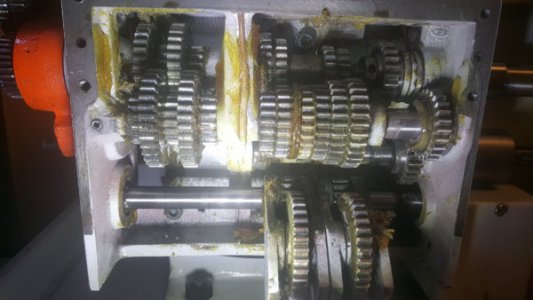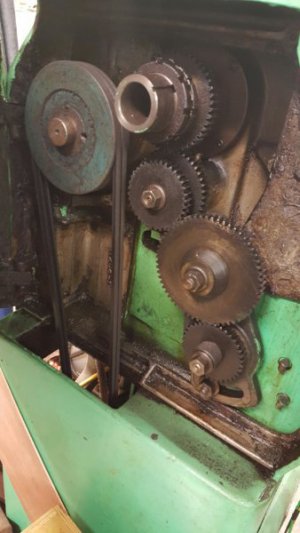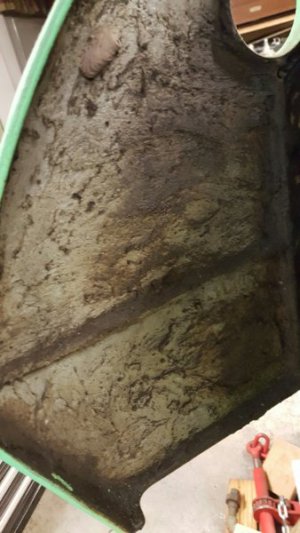Walmarts sell this stuff in their bike department.
http://www.whitelightningco.com/products/lubricants
The Clean ride would be my suggestion because it is easy to apply and dries to a wax like coating. Don't know how long it would last on a set of lathe gears.
Otherwise I bet you could enclose the gear train with a nice wood box insulated with sound proofing under carpet and it would look like a CNC lathe.
BTW once kids have been bathed and breast fed they will sleep through anything.
I know I do.
http://www.whitelightningco.com/products/lubricants
The Clean ride would be my suggestion because it is easy to apply and dries to a wax like coating. Don't know how long it would last on a set of lathe gears.
Otherwise I bet you could enclose the gear train with a nice wood box insulated with sound proofing under carpet and it would look like a CNC lathe.
BTW once kids have been bathed and breast fed they will sleep through anything.
I know I do.
Last edited:




